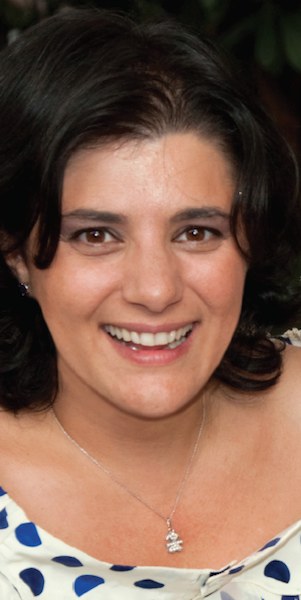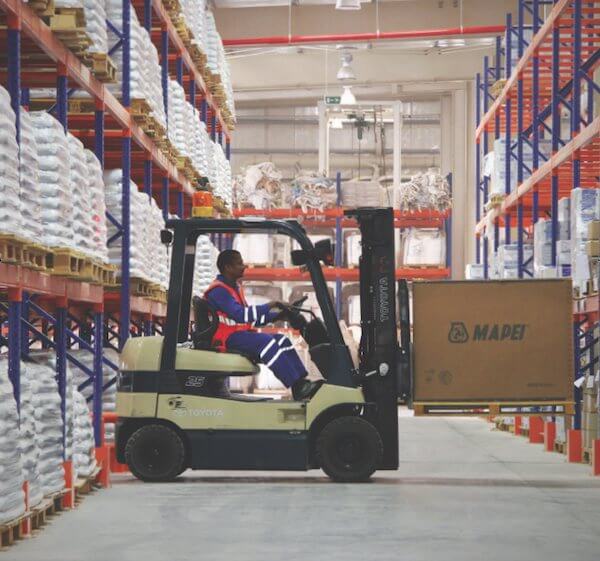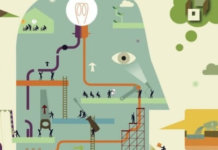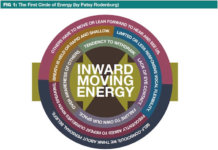In 1937 Rodolfo Squinzi founded a small company in Milano, Italy. Starting up with only three employees, his vision was to establish a company manufacturing interior and exterior paints and masonry repair products for commercial buildings, hospitals, and airports. Over the following decades, Squinzi’s ‘Materiali Ausiliari Per l’Edilizia e l’Industria’ (MAPEI) expanded its activities to include adhesives for laying floors and floor coverings, as well as setting materials.
MAPEI started expanding geographically in the 1970’s by becoming active across Europe, and later in Canada and the United States. Today, the company is jointly run by the second and third generation of the Squinzi family, and whilst remaining family-owned, and run, the company has 65 subsidiaries operating in 23 countries worldwide. Tharawat magazine spoke to the granddaughter of MAPEI’s founder, Veronica Squinzi, the group’s Global Development Director, to understand the recipe for the businesses success, and the role of the family in creating business innovation lasting several generations.
What is your role in the family business?
I am part of the third generation together with my brother who is working in research and development. I got my university degree in political science, minoring in economics and statistics. I joined the company immediately when I was 23 years old. Initially I was a financial controller and then over time I got more and more involved in the strategic side of things. Today, I am responsible for the global development of the company. We are four family members working directly in our business: Aside from me there is my father, who is the director of the holding company; my mother who is responsible for marketing; and my brother who is responsible for research and development.
What do you think are the main ingredients that have led to Mapei’s success?
I think that the success of Mapei stems from our strategy that is based on three pillars: specialization, internationalisation, and research and development. These three pillars work together in order to achieve a closer knowledge of the market. We emphasise specialisation because we are experts in our products and always aim to be industry leaders. We do not like to be distracted from our core business. We prefer to thrive on our performance in this niche market. However, within our specialisation, we do provide a wide range of products. We provide solutions and products for all the needs that our primary consumers have.
The second pillar of our strategy is internationalisation; we have always been ambitious in this and today we have 65 companies in 63 different plants around the world, covering the five continents. The internationalisation strategy has been important because it allowed us to reach local consumers, to be closer to them, and to try to customise our product range to foreign market. This is made possible through the third pillar of our strategy, which is research and development. We have instilled this throughout our company. It is a very important part of our growth strategy.
Do you feel that the fact that you are a family business has contributed to your success?
Yes. Only as a family business can we have the long-term approach and vision that we are currently maintaining. We are not constrained by analyst opinions but can make decisions looking further into the future than the short-term gains. Sometimes we need to be in a country for a long time before our investment can become stable and we can yield a return. In the short term you really cannot create the closeness to the market it requires to be successful. As a family business we do not mind how long it takes; when we believe in it, we believe in it.
What are the values your family typically stands for?
We are hard workers. We work all day and sometimes nights to get the quality we strive for. We are all invested in the development of the company. We work in a very focused way in order to support the company’s goals. I think our core value is that we are committed to our vision and to implementing our strategy, of course with a strong support of all the persons working with us in the company.

For years Mapei has emphasised innovation and R&D. When and why did this become a priority?
When you have access to the market, you have to interpret its needs and trends. Innovation needs to meet what the market requires. We have developed an internal way to fulfill these objectives. This is fundamental for internationalisation, because as we are spreading across several countries we have to adapt our priorities to each of them. The great investment in R&D is to convert our market presence into value creation. This dedication to development and innovation is part of our family DNA. My father was the first one to make this a priority and now my brother is in charge. Our family has developed a method to adapt to the progress of our niche market in every country.
Will the fourth generation be joining the business in the near future?
I have one daughter and one son, but they are still too young to even have this conversation. My brother has a two year-old son. It is too early to speak about the next generation. If they would like to join the company, they will be more than welcome, of course. We make sure that they are present always at the major events of the company.
Does Mapei have a governance system in place?
We have a strong management team and there is a governance structure in our company, which clearly defines that we are the owners and that professional managers are running the operations. We normally have local management for each subsidiary. We believe that the way to be closer to the market is to have our operations managed by managers from the country itself. Also this creates regional employment.
What’s your advice for other family businesses?
I believe family businesses encounter difficulties when they get too distracted from their core businesses. Specialisation is a good strategy for a solid business that is looking for long-term survival. For me, diversification should only be embarked on when the time is right for the business. However, families can diversify risk by internationalising to several countries so as to ensure that the challenges and benefits are spread across different geographies.
Tharawat Magazine, Issue 17, 2013
















